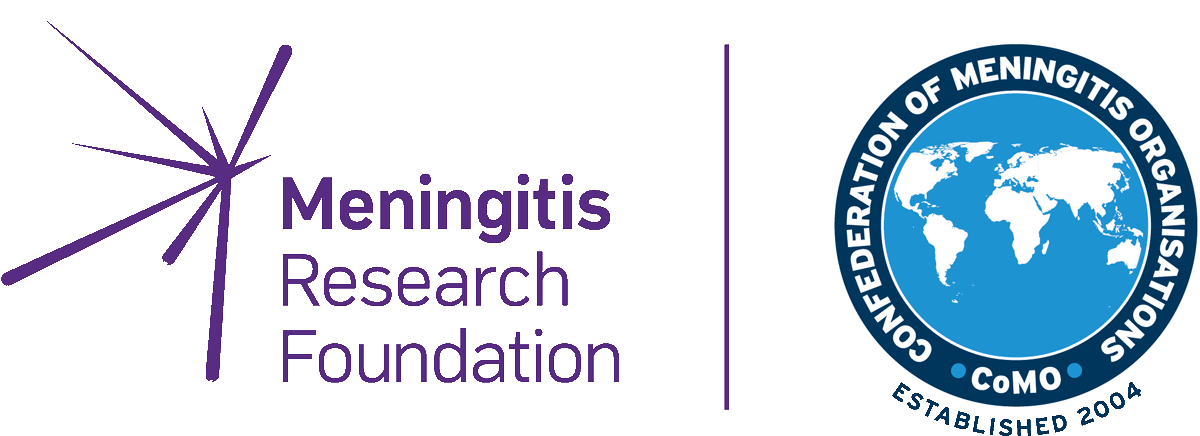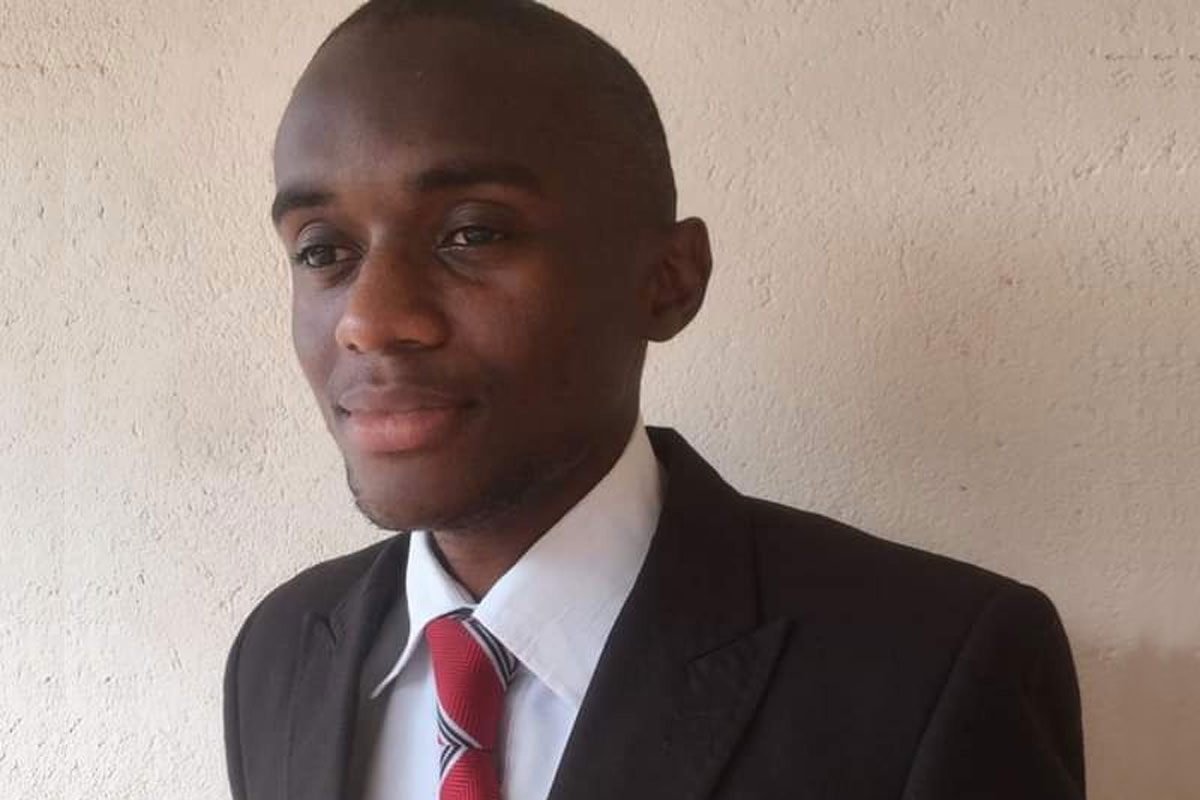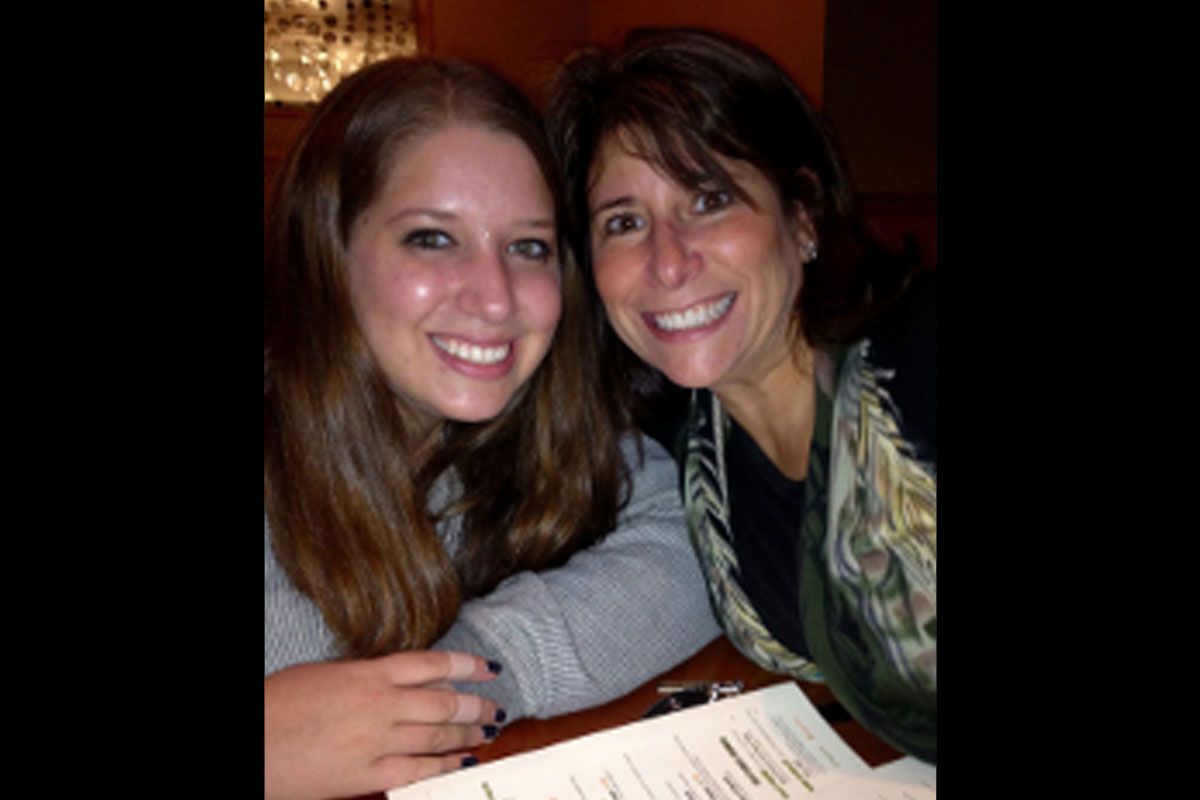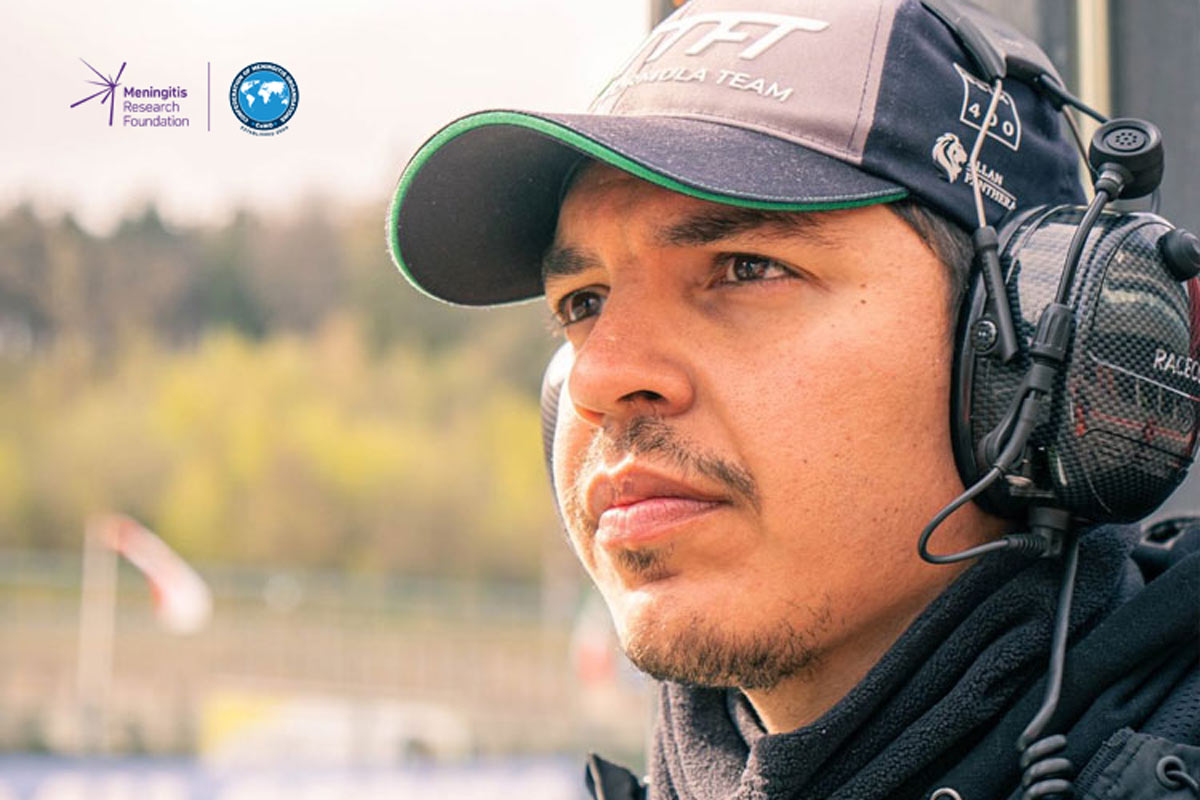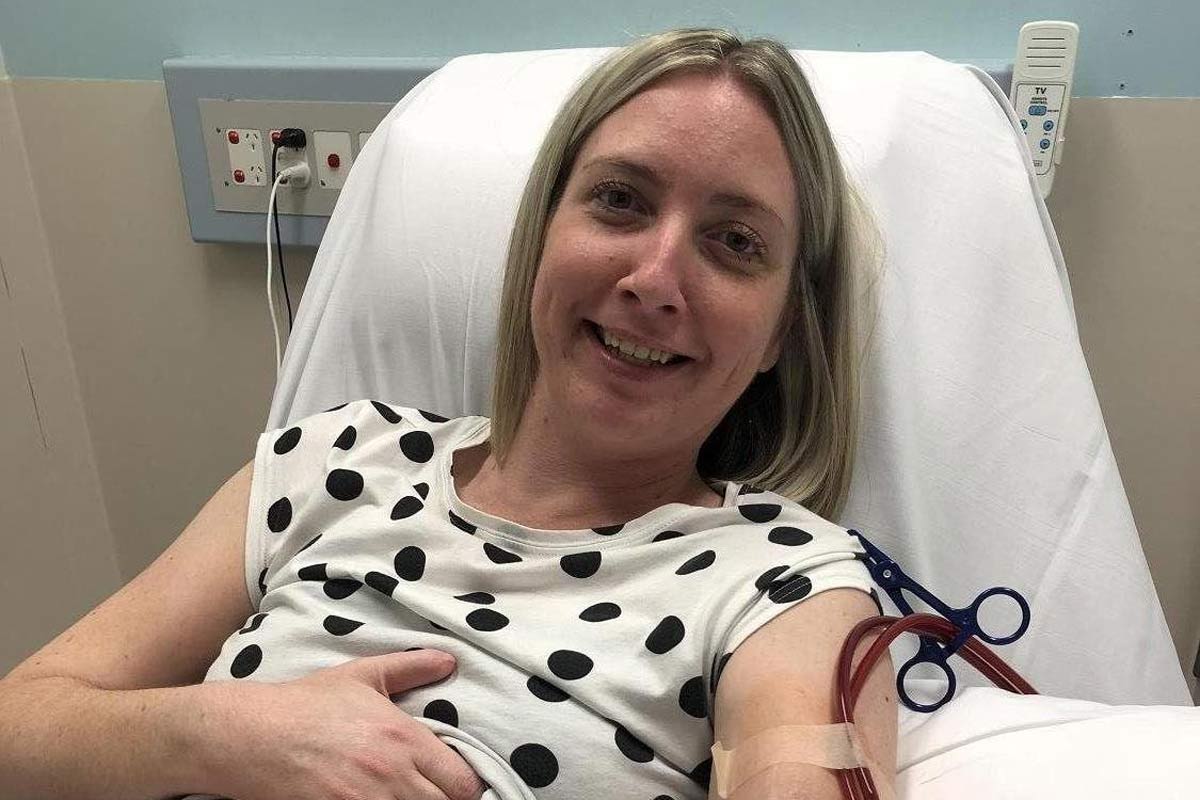Meningitis in your words: Nwandieze's story
A Survivor's Journey: Battling Cerebrospinal Meningitis in Lagos State, Nigeria.
- 30 September 2024
- 3 min read
- by Meningitis Research Foundation
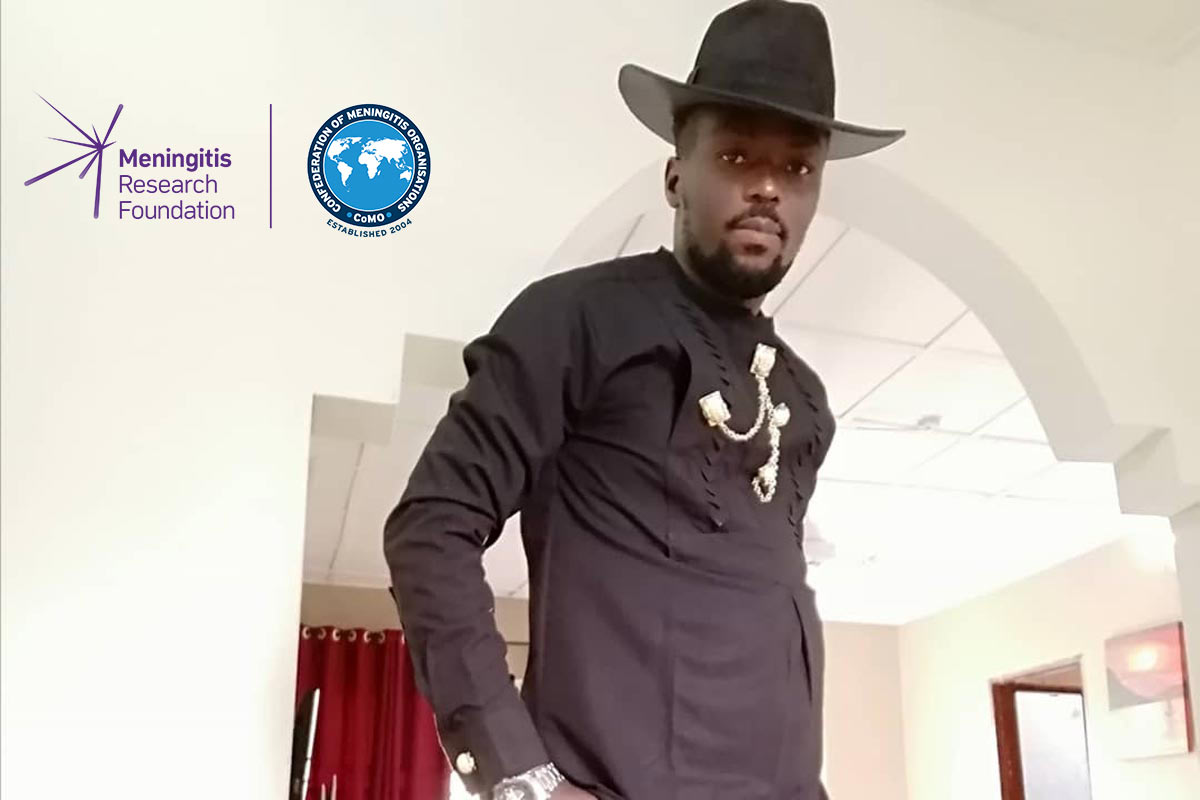
My name is Nwandieze Fortune Onyedikachi, and I am a 39-year-old survivor of cerebrospinal meningitis. My encounter with this life-threatening disease began when I was 12 years old, living in Federal Low-Cost Housing Estate, Badagry, Lagos State, Nigeria.
What initially seemed like a common illness began with a persistent headache. Within a few days, I developed a dangerously high fever accompanied by chills, prompting the assumption that I had contracted malaria—a common diagnosis at the time. However, despite receiving treatment for malaria, my condition did not improve.
Soon after, I experienced severe neck stiffness, which was misattributed to poor sleeping posture. By the fifth day, my symptoms had escalated rapidly and alarmingly. I began suffering from intense hallucinations, sensory distortions that terrified me and my family. My condition deteriorated further, and I experienced profuse sweating, debilitating tremors, insomnia, and disorientation. I developed chronic photophobia, which made me hypersensitive to light, and persistent vomiting, alongside unbearable muscle pain. At this advanced stage, my illness had evolved into a critical medical emergency.
Early one Saturday morning, my parents rushed me to The Great Physician Hospital in Badagry, where Dr. Akinlade, the then Chief Medical Director, examined me. He swiftly diagnosed me with spinal cerebrospinal meningitis. To our knowledge, mine was the first case in Badagry and potentially one of the earliest documented cases in Lagos State at the time.
I wasn’t the only patient diagnosed that day. I was placed in isolation alongside a girl named Chineme, who was battling the same illness. We underwent rigorous treatment that lasted for nearly two weeks. Throughout this period, doctors conducted continuous physical and mental assessments, carefully monitoring our progress. While we both survived the ordeal, Chineme unfortunately lost her ability to hear. She was later provided with hearing aids, which allowed her to regain some level of auditory function. Her hearing loss underscored the severity of meningitis and its capacity to cause life-altering after-effects, even for those who survive.
Following our cases, an urgent public health campaign was launched across Badagry and Lagos State. Meningitis was declared an epidemic, and vaccination drives were swiftly organized to combat its spread. This campaign undoubtedly saved countless lives in the late 1990s and highlighted the importance of proactive healthcare interventions.
Meningitis is an airborne disease that can leave survivors with long-term disabilities such as blindness, deafness, and cognitive impairments. I am deeply grateful to have emerged from the experience without any of these after-effects. My survival was not just a testament to medical intervention but also, I believe, a testament to divine grace.
By sharing my story, I hope to raise awareness about the critical importance of early diagnosis and vaccination. Meningitis remains a formidable public health challenge, but with timely intervention and proper care, more lives can be saved, and more survivors can live without debilitating consequences.
Call to action
This World Meningitis Day, become one of the 2,030 voices for 2030 by sharing your story. Together, we can defeat meningitis.
